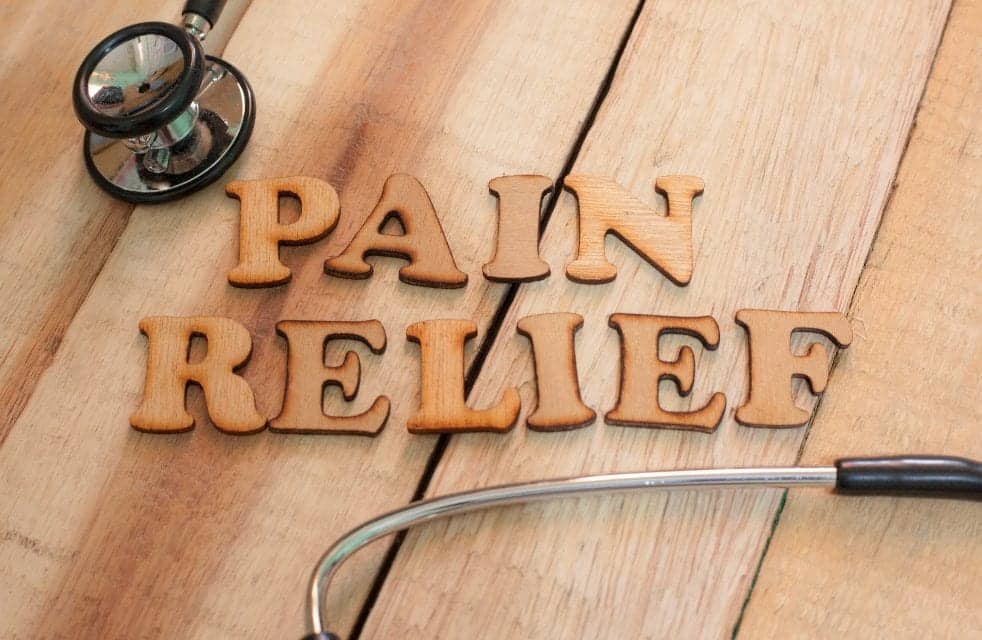Due to the need for social distancing during this time of pandemic, in-person physical therapy may not be possible. Where can someone in pain turn to for relief instead? One option is a soft furry robot, according to researchers from Ben-Gurion University of the Negev (BGU).
According to their study, published in Scientific Reports, a one-time, hour-long session with a plush, seal-like social robot reduced pain and oxytocin levels, and increased happiness.
The Japanese social robot, PARO, emits seal-like sounds and moves its head and flippers in response to being spoken to and touched.
Previous studies have suggested that human-to-human contact helps bolster mood and reduce pain.
In the current study, Dr Shelly Levy-Tzedek of the BGU Department of Physical Therapy and her team investigated whether a furry social robot could induce similar effects when normal human-to-human contact is not available, such as during a pandemic.
A single, 60-minute interaction with PARO actually improved mood as well as reduced mild or severe pain, they discovered, according to a media release from American Associates, Ben-Gurion University of the Negev.
When participants touched PARO, they experienced greater pain reduction than when it was simply present in their room.
The researchers also discovered lower oxytocin levels in those who interacted with PARO than in the control group participants, who did not meet PARO.
Related Stories:
PT Discusses Pain Management Minus Opioids in Video
Enhanced Physical Therapy is Part of Trial to Determine the Best Back Pain Management Approach
Patellofemoral Pain Management Includes Activity Modification and Load Management
Typically, oxytocin, sometimes called “the love hormone,” is elevated among romantic partners or mothers playing with their children, so a lower level of oxytocin wasn’t expected.
However, more recent studies have shown that outside of close relationships, oxytocin production is a stress indicator, and therefore, a reduction could indicate relaxation, the release explains.
“These findings offer new strategies for pain management and for improving well-being, which is particularly needed at this time when social distancing is a crucial factor in public health,” Levy-Tzedek says.
[Source(s): American Associates, Ben-Gurion University of the Negev, News Medical Life Sciences]





